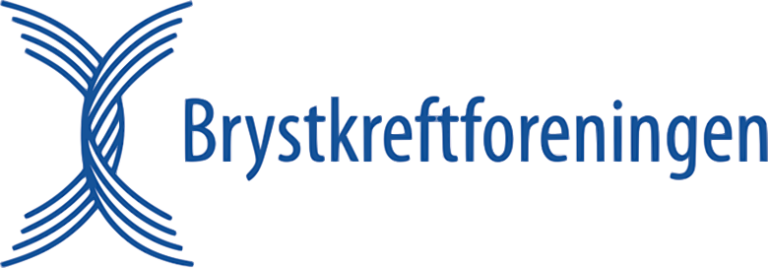Cancer immunotherapy represents an important novel development. In particular, antibodies that enhance the patient´s immune response by blocking the PD-1/PD-L1 checkpoint show remarkable clinical activity. We will conduct a randomized placebo-controlled phase IIb study called ALICE, evaluating PD-L1 blockade combined with immunogenic chemotherapy in 75 metastatic triple negative breast cancer (mTNBC) patients. The primary objectives are i) Assessment of toxicity ii) Progression-free survival.
Intriguingly, the host immune response is strongly predictive for the effect of chemotherapy in mTNBC. In the ALICE trial, we release the brake on the immune response by use of atezolizumab, an inhibitory antibody against PD-L1. Patients with TNBC have high mutation frequencies and are thus more likely to respond to immunological checkpoint blockade. We utilize selected chemotherapy, shown to induce immunogenic cell death that trigger the immune system. The chemotherapy is, moreover, administered in a semi-metronomic fashion that is likely to counter tumor tolerance while maintaining the ability of the effector immune cells to respond. The strategy addresses the heterogenousity of TNBC, as it represents a personalized vaccine against each patient ́s antigens. The trial include a cutting edge biomarker research program and translational sub-projects addressing clinically important knowledge gaps, building on extensive collection of biopsies/blood samples and a carefully assembled study team.
PI: Jon Amund Kyte, Oslo University Hospital.
















